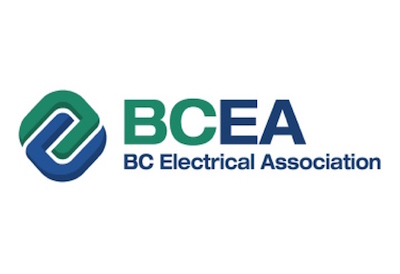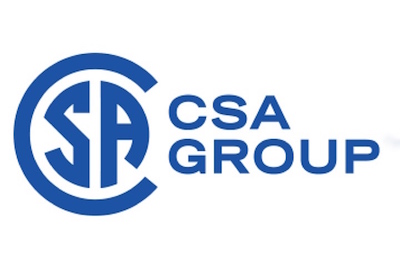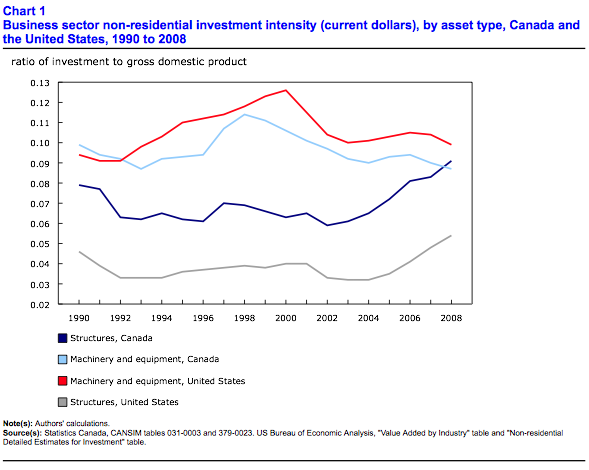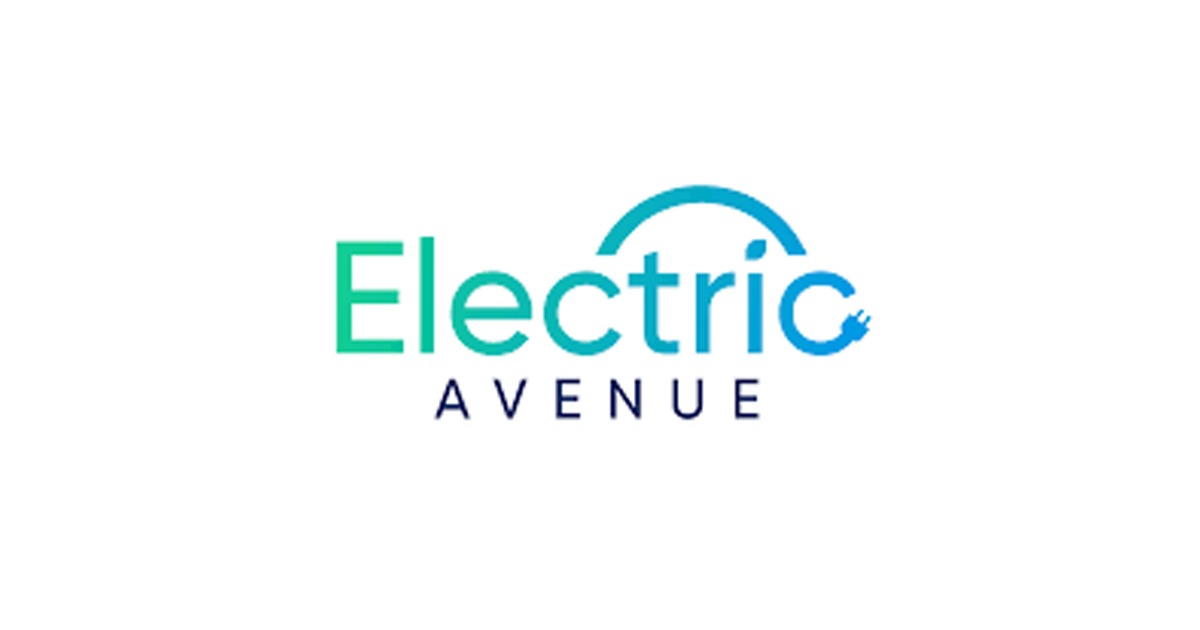What’s Your Sales Model of the Future?

June 24, 2021
By David Gordon
As we transition from the pandemic many wonder about the future of sales, meaning, “What will the sales process (sales model) look like in the future,” and, essentially, “What is the role of / for outside salespeople?”
In reality, this question was asked pre-pandemic as management lamented that Sales wasn’t being as productive as they desired. Companies are always seeking to improve their processes, whether it is having salespeople better penetrate accounts, identify and call on new customers, use a different (new?) sales method, or perhaps they sought to redesign the sales model with a different mix of outside and inside salespeople.
The sales results of many companies last year generated questions for many senior leaders. If sales (revenue) didn’t “collapse” when sales (people) couldn’t visit customers and “we” were forced to adapt, and “I” saved lots of money, “what is the value of sales / should I be selling differently?”
In reality, this
• diminishes the value of relationships built over time
• presumes the company is actually good in marketing and creating demand via marketing
• has a strong brand
• is desired by customers rather than being on “auto-order”
• has a strong operational model / is easy to do business with, and more
But it raises questions. Can selling be more efficient and respectful of resources? Is there a different mix of interactions that can deliver an acceptable sales and profitability return?
In reality, collectively we’re not going to go from the pre-pandemic sales model of “always” visiting customers to the pandemic sales model of “can’t” visit customers. We’ll go to a hybrid (although, now with vaccines many more have hopped back on planes and are being welcomed). One of the things we’ve heard from distributors and end-users that they liked about “virtual” is the ability for the technology to facilitate “update / transactional” interactions. They like the ability to control their day and expect the future to be a mix of live and virtual.
In his recent newsletter, Mark Roberts, from OTB Solutions, recently wrote about the future of sales and shared some statistics and predictions.
Statistics
From McKinsey:
• 70%-80% of B2B decision-makers prefer digital and virtual human interactions
• 77% of B2B decision-makers prefer video (Zoom, Teams) to a phone call with new suppliers
• 89% of B2B decision-makers said the likelihood of virtual human interactions will continue
And, based on research Mark conducted with one of his clients, over 63% of their clients preferred virtual sales to face to face.
The reasons for virtual sales engagement included
• more efficient (for both parties!)
• reduced cost of sales
• improved customer experience
Mark predicts, and no surprise, that the future will be a hybrid sales model. The challenge with evolving to this, based on his experience, and many sales managers and senior management can attest, is that a majority of salespeople struggle with selling virtually (as do many companies in marketing to create and nurture demand, let alone follow-up and connecting with decision-influencers.) And yes, Mark helps with this.
Questions to consider
It then begs some questions of:
• What to do with existing, long-tenured, salespeople who have much product experience (hopefully) but may be sales technology “challenged”?
• How are compensation models changed / evolved?
• What does change due to culture when “mature” salespeople with high compensation who have been loyal are impacted?
• Does your company (i.e. your salespeople) know how to prospect for new accounts or penetrate diamonds in the rough?
• Do manufacturers with a direct salesforce feel that they can gain share of distributor mind if they are not calling on the distributor? Can the model be supplanted by marketing and inside sales / business development? Are manufacturers willing to invest in customer service roles?
• Will contractors respond to outbound calling from a business development / inside sales group? To eMarketing efforts?
• As a distributor, or manufacturer, have you invested in the marketing tools (database tools) to know who customers are and how to contact them … or know how they want to be contacted?
And there are more questions.
Sales models should always be subject to review and revision. COVID may have accelerated the questioning and the review process. Technology is more able then ever but requires different types of investments (process, technology, people and content). Are outside “salespeople” salespeople or account / relationship managers? How much can companies invest in specialists without changing sales compensation models? How critical is product knowledge or are customers knowing what they need (and essentially serving themselves via electronic commerce (website, EDI, system to system, etc)? What is occurring with staff turnover?
Sales models are under attack, most likely because, for most companies, they haven’t changed and performance essentially is the same (performs like the tide.)
Your customers, if you dare ask them, value different sales resources differently. Two different CMG research projects highlighted that
• contractors are more loyal to a distributor due to a relationship with inside salesperson than an outside salesperson, and
• when asked the importance of various sales roles, contractors and industrial accounts rank inside salespeople, outside salespeople and counter personnel in this order.
Relationships do matter, and frequently people do business with people. However, neither relationships nor “people” are as secure as before. Generational, societal and performance pressures are all less forgiving than years ago. Performance counts more, and faster, than ever before. Companies need to evaluate and consider revision / change. Holding on to the past can reduce tomorrow’s performance.
Tomorrow’s sales model
As Mark projects, hybrid will be the new normal. The questions become
• What will your hybrid be?
• What did you learn about your sales organization in 2019?
David Gordon is President of Channel Marketing Group. Channel Marketing Group develops market share and growth strategies for manufacturers and distributors and develops market research. CMG’s specialty is the electrical industry. He also authors an electrical industry blog, www.electricaltrends.com. Channel Marketing Group does not engage with clients on detailed pricing strategies, however, given that pricing is a critical element of sales, marketing and growth planning, we do get asked about the topic and can share opinions and refer to those who focus on the area as well as share anecdotes. David Gordon can be reached at 919-488-8635 or dgordon@channelmkt.com.










